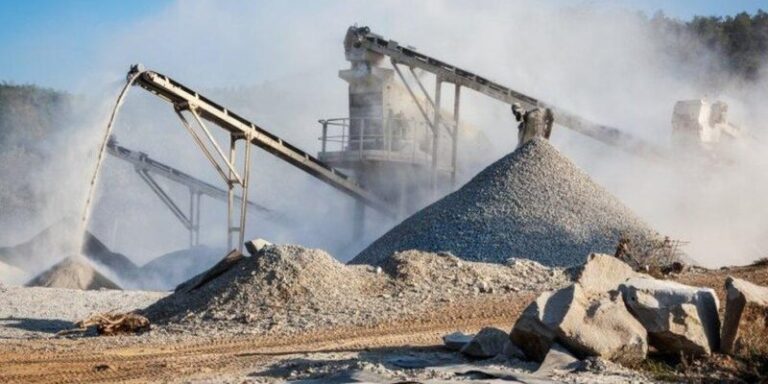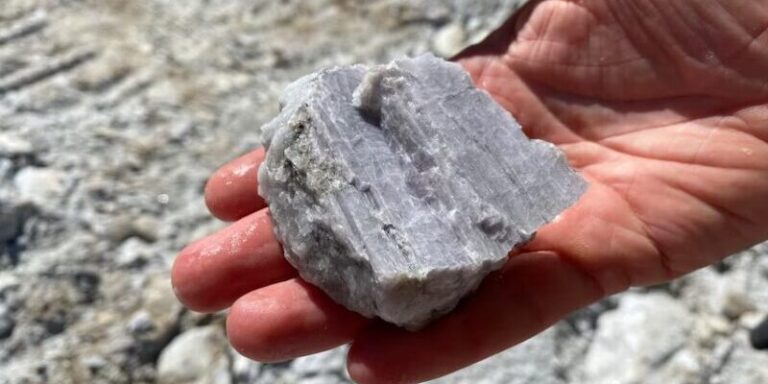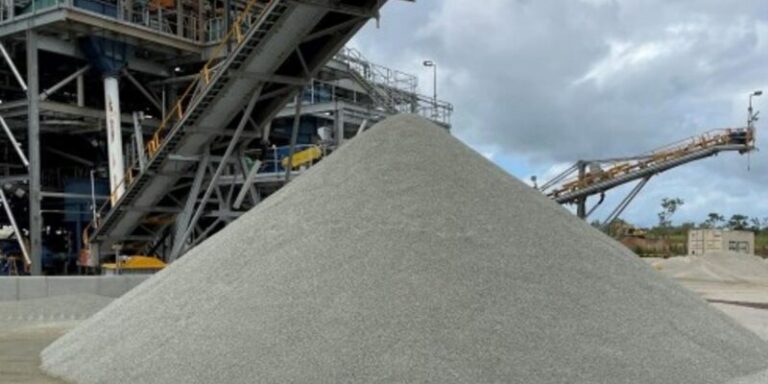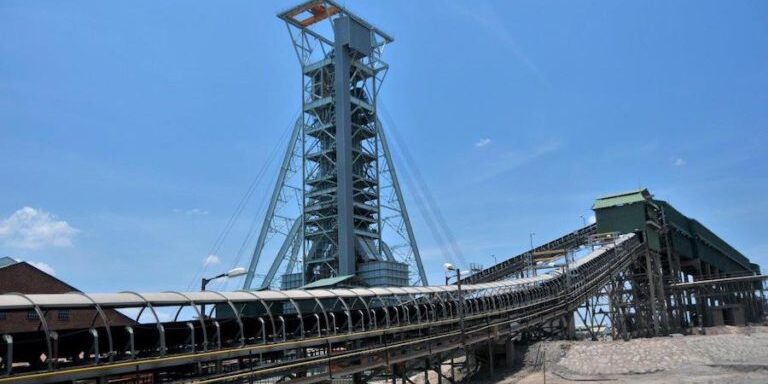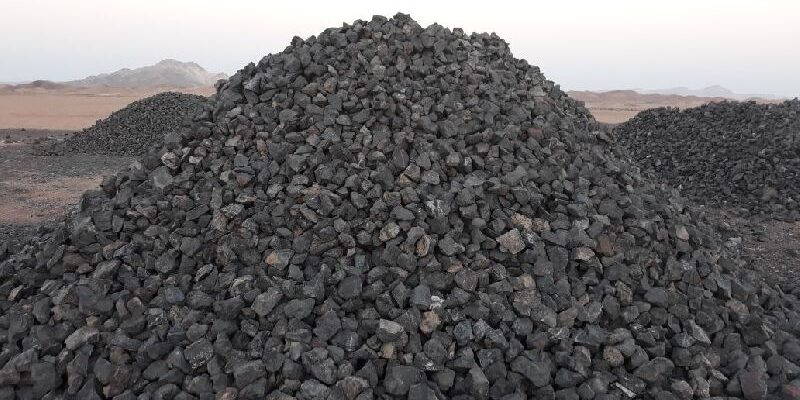
Amid ongoing turbulence in the manganese market, marked by sharp price declines in recent weeks, the board of ASX-listed Jupiter Mining has opted not to declare a dividend for its shareholders for the six-month period ending June 30, 2024. This decision affects the company’s flagship Tshipi manganese mine in South Africa’s Northern Cape.
Jupiter’s CFO, Melissa North, explained the situation on August 30 during the release of the company’s preliminary final report for the 2024 financial year.
“The manganese market has experienced significant volatility since April, with conditions turning notably bearish in the past month due to weakening downstream demand,” she stated.
North pointed out that while a supply disruption at South32’s Gemco mine briefly pushed manganese prices higher between May and early June, this effect was soon overshadowed by declining demand, particularly from China.
The ongoing weakness in China’s steel-intensive real estate and infrastructure sectors, coupled with concerns about the near-term outlook for Chinese export steel, has put downward pressure on steel prices, which in turn has led to a decline in alloy prices.
This sequence of events has significantly reduced the demand for imported manganese, causing prices to plummet, particularly over the past month.
Since peaking in early June, manganese prices have fallen by approximately 40%, nearing cyclical lows and sitting just above 21% below the 12-year average.
Given this uncertain pricing environment, the Tshipi board has indicated it will wait for more stable and predictable market conditions before reconsidering the distribution of a dividend. The next opportunity to decide on a dividend will follow the conclusion of the December 31 reporting period.
Despite the challenging market, Jupiter declared a final dividend of $0.0025 per share, funded from the company’s cash reserves.
During the reporting period, Jupiter Mines’ 49.9% stake in Tshipi generated a share of profit amounting to A$40 million for the year, with the company recording a net profit after tax of A$38.4 million.
Additionally, Jupiter earned A$8.1 million in fees from manganese ore marketing, while Tshipi ended the six-month period with cash reserves of approximately A$82 million.
Despite these volatile conditions, North emphasized that Jupiter remains committed to advancing its strategic objectives, strengthening its market position, and delivering sustainable returns.


